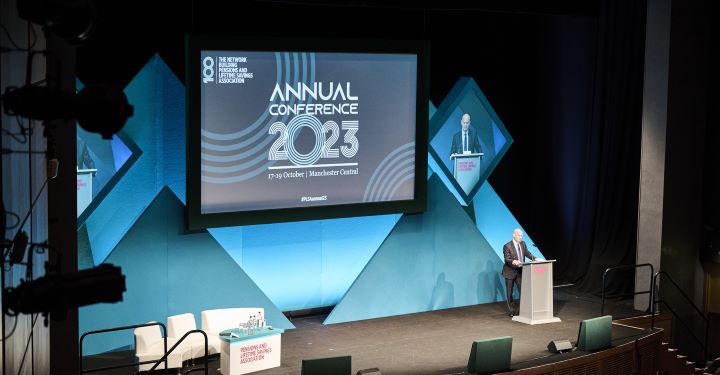
Following on from the Mansion House speech, pension funds at the PLSA’s annual conference warn that investing more in private markets could bring unwanted risk.
In July, chancellor Jeremy Hunt outlined that he was looking to UK pension funds to help boost the economy in his Mansion House speech.
He set out the ambition to double Local Government Pension Scheme (LGPS) investments in private equity to 10%, claiming that the shift in asset allocation would “unlock” £25bn of investment by 2025.
Talking at the Pensions and Lifetime Savings Association’s (PLSA’s) annual conference in Manchester, Neil Mason, chair of the PLSA’s local authority committee, highlighted that the LGPS has already been investing in private markets for “very many years” and is supportive of this asset class, but warned that the timing of the reforms could be better for the scheme.
Mason noted that many LGPS funds have very high funding levels and are already questioning whether they should be putting “more risk on the table”.
“While I’m generally supportive of the proposals, I’m not sure that the cost of capital is optimal for increased allocation to private markets at the moment.”
The Mansion House reforms also detailed a new voluntary initiative for defined contribution pension providers to allocate 5% of assets in their default funds to unlisted equities by 2030.
Speaking on a panel with Mason, Elizabeth Fernando, Chief investment officer at Nest, stated that the pension fund has also been investing in private equity for over a year, with 19% of its portfolio now in “unquoted investments”.
Fernando highlighted that Nest, which has appointed GLIL as an infrastructure partner, also has a target of committing 5% to private equity and 30% to private markets overall. “We have got between [on average] £500-£600m a month in net inflows. So, with our 5% target for private equity, we have £3bn in the asset class at the moment, which will be £50bn in the not too distant future,” she said.
‘Levelling up agenda not our job’
However, Fernando stated that it is essential for Nest to have strong governance when investing in private markets.
“There is no inherent right that private equity or private markets in any genre will earn higher returns than their listed equivalents.
“You need to find the right assets, you need to find the right price and you need to run it in the right way. So, having strong governance of the fund will make sure that decisions are being taken for financial reasons and not for other reasons.
“We’re not against the levelling up agenda, but that’s not our job. Our job is to build those returns for members,” she told delegates.
Lack of clarity on growth
Mason added that the chancellor’s Mansion House speech was also not clear on what investment in UK growth assets “actually means”.
“There is also a question of how to define ‘growth’. Do we mean debt, equity or infrastructure and then if it’s in the ‘UK growth’ do we call it place based, local investments, UK opportunities, levelling up, or impact?
“Broadly I am ambivalent about that part of the Mansion House speech as much of the LGPS is already there,” he told delegates.
Mason, who is also assistant director at Surrey Pension Fund, outlined to attendees that currently Surrey has about 20% of its portfolio allocated to private markets, with investments across infrastructure, equity and credit, including sustainable projects,” he said.
—————
FREE weekly newsletters
Subscribe to Room151 Newsletters
Follow us on LinkedIn
Follow us here
Monthly Online Treasury Briefing
Sign up here with a .gov.uk email address
Room151 Webinars
Visit the Room151 channel







